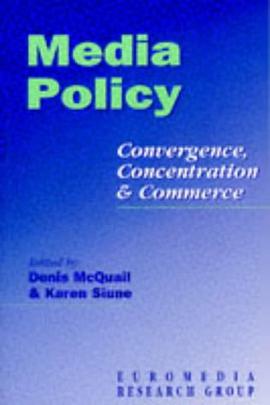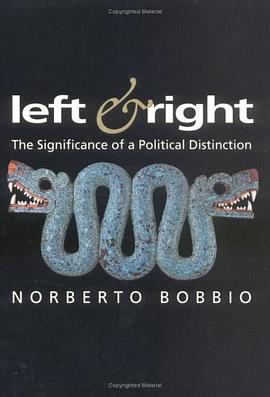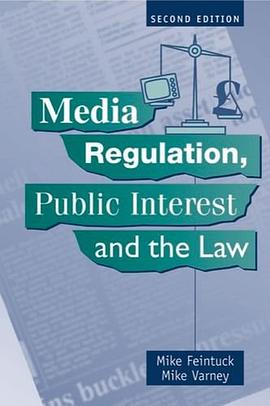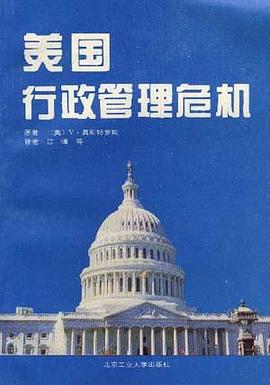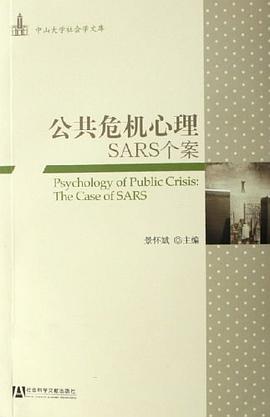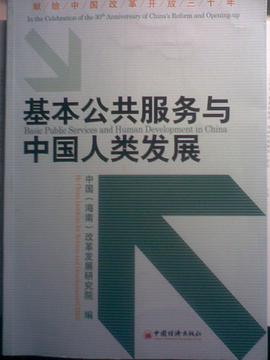

具体描述
Rapid changes in communication technologies are straining the existing system of electronic media regulation. Despite the increasing pace of technological change, the electronic media continue to be regulated under a well-established set of guiding principles. Principles such as the First Amendment, the public interest, the marketplace of ideas, diversity, competition, localism and universal service continue to serve as the primary objectives for policymakers and as the focal points for contemporary policy controversies. This volume focuses on these principles, examining their underlying motivations and assumptions, their central components, their different interpretive approaches and their continued applicability in a rapidly changing electronic media environment. Central to this book's analysis is the need for more thorough and rigorous application of these principles as tools for policy analysis, rather than primarily as rhetorical devices for justifying policy outcomes. Toward this end, the book explicitly links each of these principles with communication policy analysis and illustrates how the dynamics of the policymaking process undermine the analytical utility of the foundation principles.
作者简介
目录信息
读后感
评分
评分
评分
评分
用户评价
这本书的内容简直是知识的饕餮盛宴,作者似乎对通信领域的历史脉络有着深入骨髓的理解。我尤其欣赏它在梳理早期无线电广播立法演变过程时所展现出的那种严谨性,那种追溯到电报时代的先声,一步步构建起现代通信监管框架的叙事方式,让人仿佛置身于那个技术飞速发展、法律规则尚未完全成型的时代。它没有简单地罗列法规条文,而是深入剖析了每一次关键决策背后的社会、经济和技术驱动力。比如,书中对频谱分配争议的讨论,不仅展示了技术限制如何塑造了政策方向,还揭示了不同利益集团间那种微妙的权力博弈。读完这部分,你会清晰地认识到,今天的互联网治理结构,绝非凭空出现,而是无数历史妥协与远见的结晶。它提供了一个极其坚实的理论基础,帮助我们理解,为何某些看似技术性的决定,最终会产生如此深远的社会影响。对于任何想探究通信政策“为什么会是这样”的人来说,这部分的深度是无可替代的,它远远超出了教科书式的概述,更像是一部浓缩的行业史诗。
评分这本书在处理关于“内容管制”和“言论自由”这两个敏感议题时,展现出令人敬佩的平衡感和中立性。它细致地梳理了从传统媒体时代的诽谤法延伸到当代互联网平台的内容审核机制,每一步的论述都建立在深厚的法律判例之上,避免了流于空泛的道德说教。作者似乎极其擅长从不同司法管辖区的视角来解读同一个问题,例如,它对欧洲GDPR(通用数据保护条例)与美国《通信规范法案》第230条的不同侧重点的对比分析,清晰地揭示了文化和政治哲学如何内嵌于通信政策的基因之中。这种跨文化的比较视角,极大地拓宽了我对全球信息治理的认识。它不急于给出“正确答案”,而是引导读者去理解不同制度选择背后的价值权衡——比如,在个人隐私保护与国家安全之间,技术如何被用作双方的论据。这种对复杂性负责任的态度,是真正成熟的学术作品所必备的品质。
评分这本书的结构设计非常精巧,它不是线性的时间轴叙事,而是采用了主题式的深入剖析,这种处理方式极大地提升了阅读的灵活性和理解的深度。比如说,在探讨普遍服务义务(Universal Service Obligation)这一核心议题时,作者并没有仅仅停留在介绍法条,而是巧妙地将其置于全球化与数字鸿沟的宏大背景下进行审视。那种对不同国家实践案例的对比分析,简直是教科书级别的范例。它通过剖析美国、欧盟以及一些发展中国家在推动信息基础设施普及方面的异同点,清晰地勾勒出了政策目标与现实约束之间的张力。我特别喜欢它对“公平接入”这一概念的多维度解读——它不仅关注物理接入,还深入探讨了可负担性和数字素养等非技术因素。这种全景式的视野,使得原本可能显得枯燥的政策讨论,充满了现实的张力和思辨的乐趣。对我而言,它提供了一个绝佳的分析框架,让我能以更批判性的眼光去审视当下的基础设施投资项目。
评分阅读体验上,这本书给我的感觉是极其充实且充满挑战性的。作者在语言运用上非常克制,力求精准,但正是这种克制,使得那些关键的政策分析论点显得格外有力。书中对监管机构职能的界定与权力制衡的探讨,尤其引人入胜。它没有回避监管机构在面对快速迭代的技术(如云计算、物联网)时所面临的“监管滞后”困境。作者用非常犀利的笔触,揭示了政策制定者在“促进创新”与“防止市场失灵”之间走钢丝的艰难处境。我印象最深的是其中对“平台责任”这一新兴领域的论述,它追溯了从传统电信运营商到现代内容提供商身份转变过程中的法律灰色地带,分析得入木三分。虽然某些段落的学术密度非常高,需要反复阅读才能完全消化其逻辑链条,但这恰恰说明了其内容的厚重。它不是一本消遣读物,而是一部需要投入精力的案头工具书,每一次重读都会有新的感悟。
评分不得不提的是,这本书在描绘通信政策的“未来走向”部分,虽然基于坚实的过去和现在分析,但其前瞻性令人振奋。作者并没有陷入对某一项技术的过度狂热中,而是着眼于政策范式的根本转变。它深入探讨了去中心化技术(如区块链)对现有集中式监管模式可能产生的颠覆性影响,并且非常审慎地探讨了“去监管化”的可能性与风险。这种探讨没有采用耸人听闻的语气,而是冷静地分析了技术中立性在实际政策执行中是如何被不断解构和重塑的。它提供了一个框架,让我们思考:当基础设施的控制权从少数巨头分散到网络节点时,传统的监管工具将如何失效,以及我们需要构建何种新型的、基于协议和激励的治理机制。这本书的价值在于,它不仅解释了我们如何走到今天,更重要的是,它为我们理解未来十年的政策挑战,打下了一个坚实而富有远见的思想基础。
评分 评分 评分 评分 评分相关图书
本站所有内容均为互联网搜索引擎提供的公开搜索信息,本站不存储任何数据与内容,任何内容与数据均与本站无关,如有需要请联系相关搜索引擎包括但不限于百度,google,bing,sogou 等
© 2026 book.wenda123.org All Rights Reserved. 图书目录大全 版权所有


